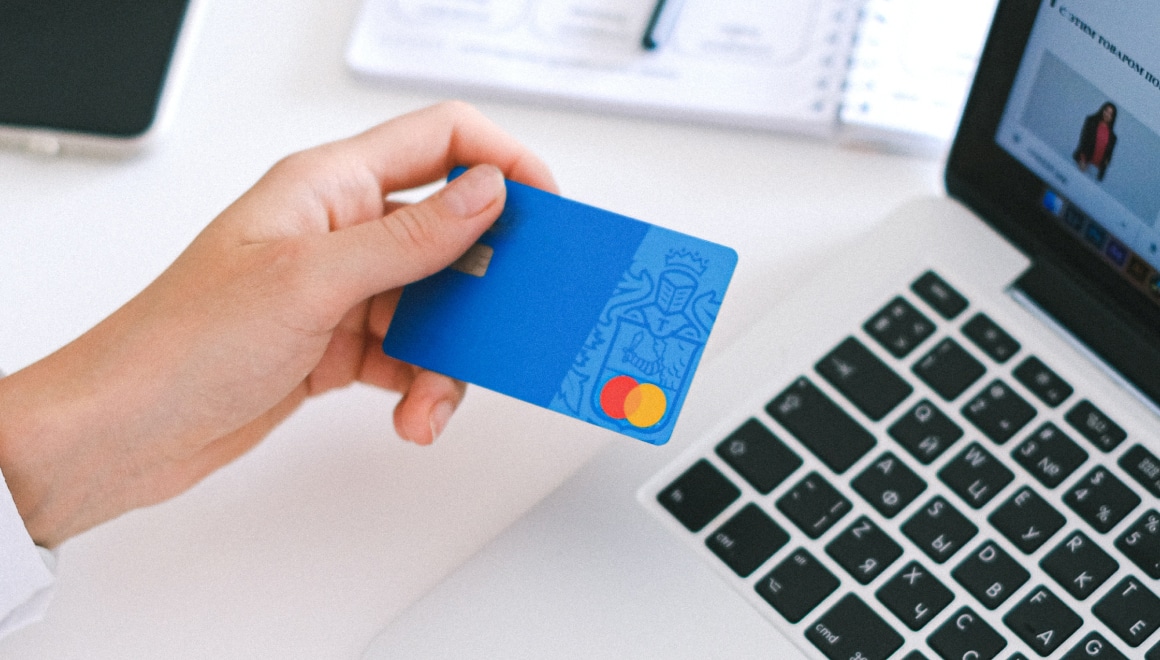Share

If you’ve disputed a charge on your debit card, you have rights created by federal law. Banks had such a bad track record with helping consumers that Congress had to step in, and they created the Electronic Funds Transfer Act (EFTA), which applies to debit card accounts (but not credit cards).
Usually this happens when you notice an unauthorized transaction. Maybe your card got stolen, or there was identity theft, or you lost your wallet. Maybe someone saw your PIN at an ATM and used it to get into your account. Most often, someone will bill you without your permission. There are tons of scam companies on the website that do this with fake “free trials” or other tricks to get your debit card information and just start billing you.
If you tell your bank (either orally or in writing) that you think there’s been an error in your account, identify the account for them, and tell them the amount of the error and why you think there’s an error, the law requires them to investigate to figure out whether there really was an error or not. They have to respond to you and let you know the results of the investigation, and when they do, you’re allowed to request copies of the documents they relied on in their investigation. They’re required to let you know about that right to request copies in their report of the results, too.
Whether you can sue depends on whether your bank followed the law—but often they don’t. They pretend to do an investigation, but don’t really. They ignore proof you might have that the transaction wasn’t actually authorized. Or they try to tilt the investigation their way.
If you tried to dispute an unauthorized transaction and your bank won’t help you, call us at 657-845-3100. We don’t charge for consultations or to evaluate your claim.
Did the bank provide a written explanation of their investigation?
A federal regulation called “Regulation E,” 12 C.F.R. 205.11(d)(1), requires the bank to provide a written explanation of the findings of their investigation into your disputed transactions: “Written explanation. The institution’s report of the results of its investigation shall include a written explanation of the institution’s findings and shall note the consumer’s right to request the documents that the institution relied on in making its determination.”
Often banks don’t do this, or they just send you a one-line e-mail saying they denied your dispute. You may have a legal claim if your bank doesn’t tell you why they denied your disputed transaction. Claims can be awarded under this regulation even where the bank did everything else right—where they did a proper investigation, but they didn’t follow the rules and tell you why they did what they did.
Can I file a lawsuit against my bank over disputed transactions, or do I have to arbitrate?
One wrinkle to all this is that your bank probably has an arbitration clause in your contract. Almost every company does. An arbitration clause usually says you can’t take the bank to court, but instead you have to go before an “arbitrator,” which is generally a lawyer who acts like a judge and decides the claims between the parties.
Companies do this because usually they win against consumers. If you don’t have a lawyer, you can be sure the bank will. Their lawyer knows the rules inside and out, and in an arbitration, they’re fifty pages long. It works like a lawsuit, with deadlines, fees, and a hearing.
But we know the rules too. Kneupper & Covey is a repeat player in arbitrations, and studies show that plaintiff’s firms that routinely arbitrate cases win dramatically more arbitrations than lawyers who don’t. We specialize in consumer cases, and most of our clients have arbitration clauses to deal with.
If your bank denied your disputed charges, even though you didn’t authorize the transactions, we may be able to help. We don’t charge to evaluate your case. Click Here to Submit Your Claim.


